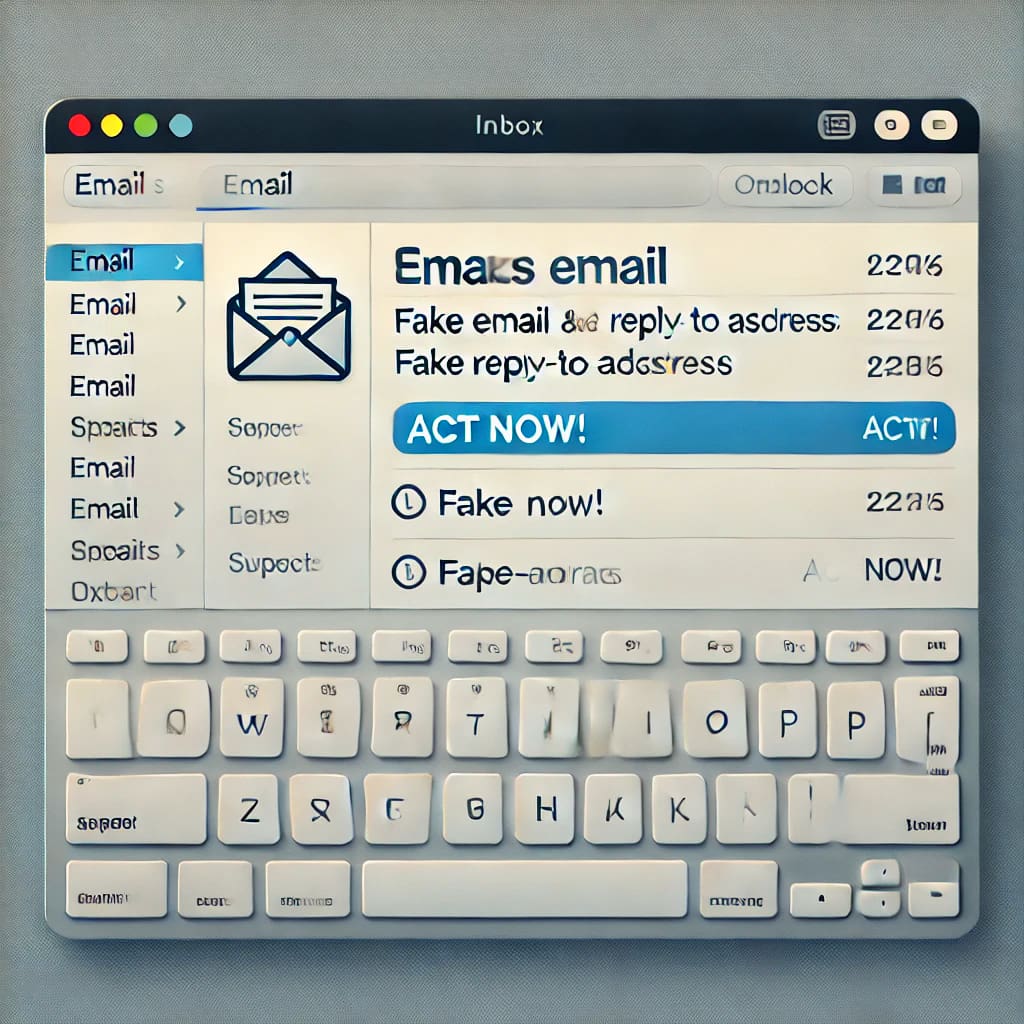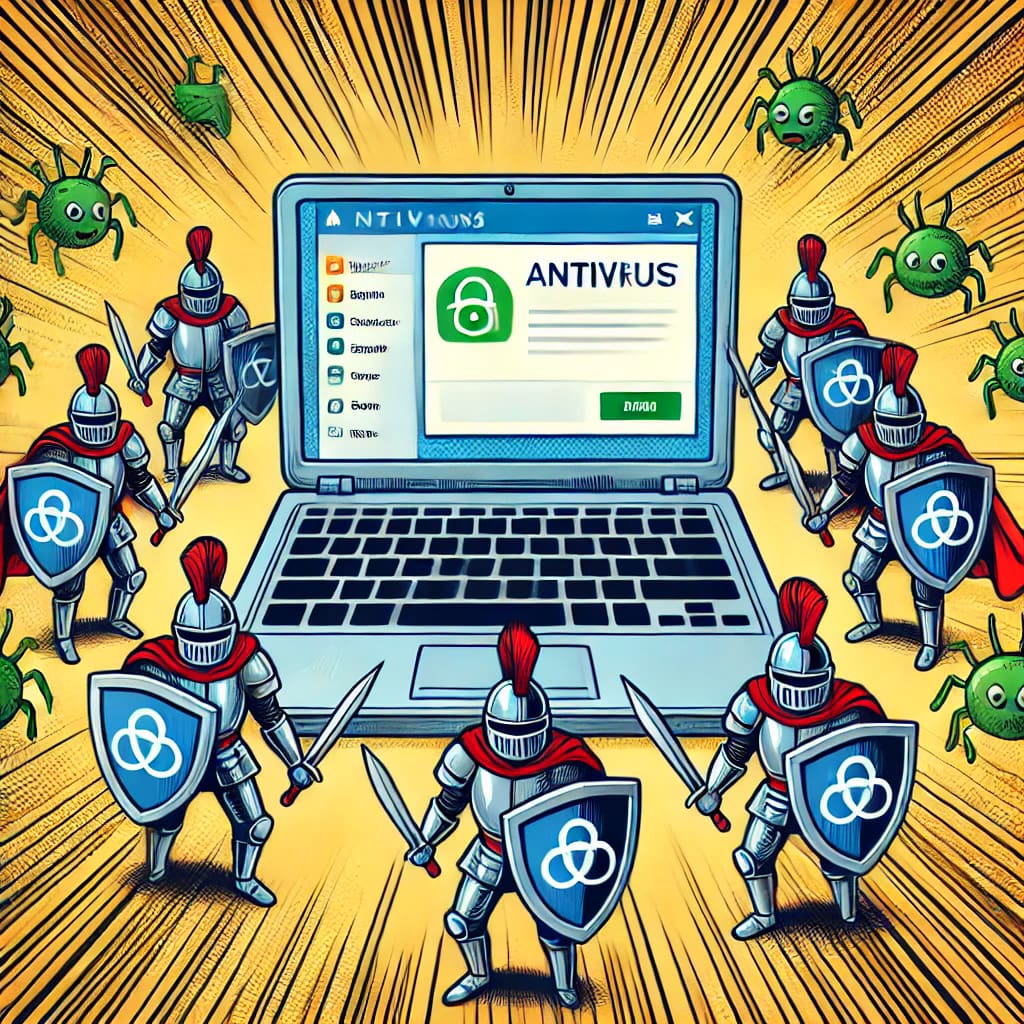Aspen: The World’s Most Secure Computers Or An Electronic Sieve??
Boulder in the Digital Age: Protecting Yourself Online!!!
In Aspen today, protecting yourself online is more important than locking your front door. With the rise of scams, phishing attempts, and increasingly sophisticated cyber-attacks, it’s crucial to stay informed about safe computer behavior. While many of us assume that the latest tech or a trusted brand like Apple will keep us safe, the truth is that no system is entirely invulnerable. Whether you’re reading this on a MacBook or on a PC, let’s dive into the essentials of staying safe in the digital world.

Avoiding Scams: The Basics of Cyber Hygiene
Every day, thousands of people fall victim to online scams. From phishing emails that look almost identical to legitimate ones, to websites mimicking trusted institutions, it’s easy to get tricked if you aren’t careful. One of the most important steps Boulder residents can take is simply being aware of common scams. I also personally can attest to the dangers of multi-tasking. The evil attacker might send you something so basic that you just want to click it away and return to what you were doing. The need for situational awareness is, as always, omnipresent!
Start by scrutinizing every email or message you receive. Check the “Reply” address. This is quick, easy, and identifies perhaps 70% of the nonsense instantly. Trust me. Microsoft will not send you email from [email protected] or from [email protected] Scammers often and easily create addresses that look legitimate but include subtle errors (e.g., ‘support.mircos0ft.com’ instead of ‘support.microsoft.com’). If you see anything suspicious, delete it immediately. Don’t download attachments or click on any links unless you’re absolutely sure of the sender’s identity. If an email claims to be from your bank or a government agency, never trust it blindly—always visit the official website by typing the URL manually into your browser. Just because the visited site says “clicking here will solve all your problems” that title is whatever they want it to be! Whatever the button really does, you’ll be happier if you never know!!

Do You Really Need Additional Virus Protection?
Many of us in the magic valley believe that built-in protections, whether on a Mac or a PC, are enough to safeguard against threats. However, add-on virus scanning software offers an extra layer of security that’s hard to ignore. While Mac users have long touted the idea that “Apple can’t get viruses,” that’s more myth than reality. Though macOS has built-in security, no operating system is invincible. In recent years, there’s been a rise in malware targeting Apple devices.
For both PC and Mac users, adding reputable antivirus software can be the difference between avoiding a cyber attack and falling victim to one. It’s like having an extra lock on your door—a small inconvenience for significant peace of mind. Personally I hate the slow-down I experience, and agree with the added protection be a good idea.
Safe Email Handling: Know the Red Flags
Email remains one of the primary vectors for cyber attacks. It’s vital to handle your inbox with caution, especially when it comes to unfamiliar senders or unexpected attachments. Here are some practical tips for email safety in Boulder:

A Sterile Work Area Is A Life – Saving Essential!
1. Check the sender’s email address: Phishing attacks often come from addresses that look legitimate but are slightly off. Try hovering over a link or a “hot spot” picture. Your browser will likely display the actual target for the button. DO NOT just push the button.
2. Don’t open attachments from unknown senders: Even PDFs and Word documents can contain malicious code. Personally, I avoid opening the attachments from KNOWN senders! They’re my friends! I KNOW there is a lot they don’t know about the risk of inadvertently passing on a virus.
3. Be cautious of urgent requests: Scammers often try to create a sense of urgency to trick you into making a mistake.
4. Hover over links before clicking: Check the URL to ensure it’s directing you to a legitimate website.
Additionally, many email providers now offer built-in features to flag suspicious emails. Use these tools to your advantage and mark any phishing attempts as spam so they don’t land in your inbox again.

It Can Be Easier To Talk Information Out Of Someone Than To Steal It Digitally
Human Engineering: The Art of the Cyber Con
Hackers don’t just rely on technical exploits; they often manipulate people into giving up personal information through what’s known as human engineering or social engineering. These tactics are designed to trick you into providing passwords, credit card numbers, or other sensitive data.
In Boulder, just like anywhere else, a popular method is the “tech support” scam. In these scenarios, someone calls claiming to be from a well-known company like Apple or Microsoft, stating that your computer has a virus. They’ll ask you to provide remote access, where they can steal personal data. To protect yourself, remember: reputable companies will never ask for sensitive information over the phone or through unsolicited emails.
Apple Myths: Is Your Mac Really Hack-Proof?
Many MacSters feel a sense of security in believing their devices are immune to hacking, but this belief is outdated. Apple products do have robust security features, but they aren’t bulletproof. Recent malware strains like Shlayer and XLoader have specifically targeted Macs, exploiting users’ overconfidence.
To stay safe, ensure that your Mac is up to date with the latest patches and consider investing in a malware scanner. A multi-layered approach to security is always best, regardless of the brand you use.
Key Rules for Safe Browsing
Finally, it’s important to use caution when browsing the web. Whether you’re reading the news or shopping online, following these basic rules can help keep you safe:
1. Use strong, unique passwords: Avoid using the same password for multiple accounts, and consider using a password manager. It is kinda cool that xYYy1??%LtmPP xalp3.248@@ has a place in the universe.
2. Enable two-factor authentication (2FA): Many websites offer this feature, which provides an additional layer of security.
3. Avoid public Wi-Fi for sensitive activities: When in Boulder’s coffee shops or public spaces, refrain from accessing sensitive data over public Wi-Fi unless you’re using a VPN.
4. Stay up to date with software updates: Regular updates fix security vulnerabilities that hackers may try to exploit. THEY ARE SMARTER THAN WE ARE!!! We can however avoid being the low-hanging fruit!
Lenny Lensworth Frieling
Shared Knowledge Is Power!








